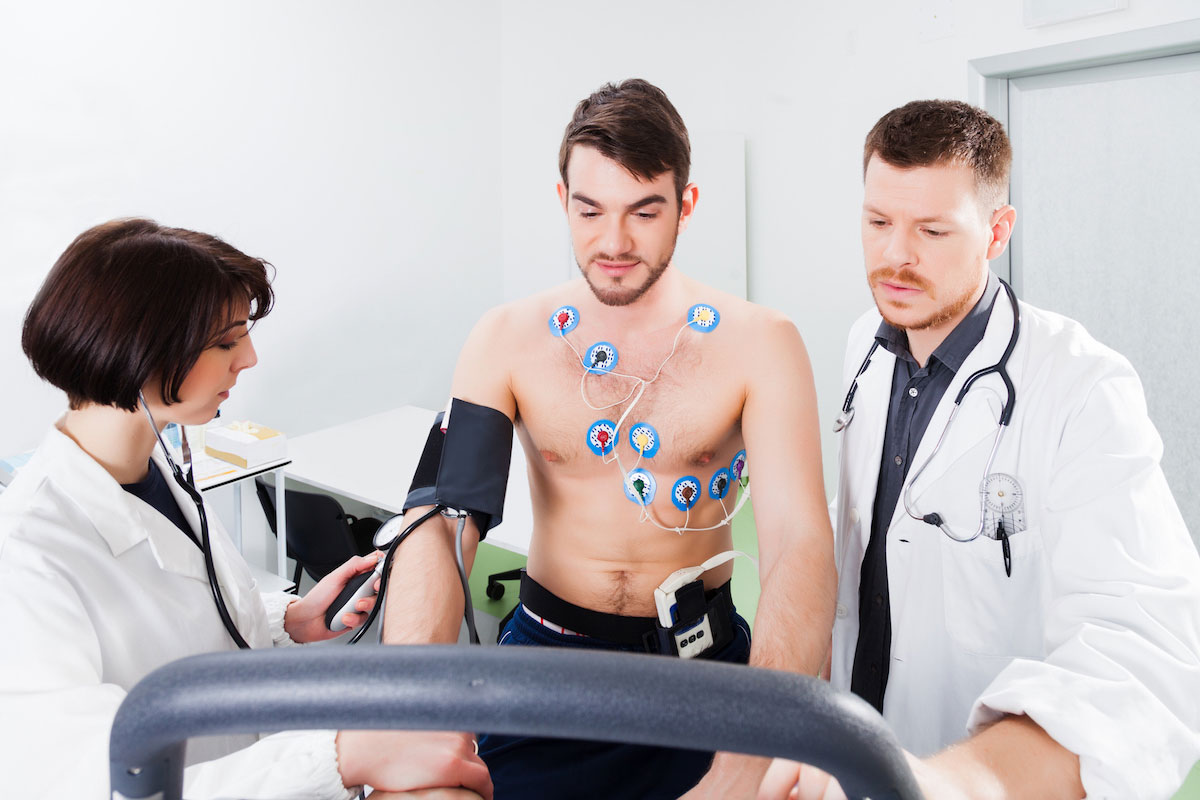A stress test is a diagnostic tool usually used to show symptoms that can indicate a cardiovascular health complication. The test shows your heart activity during physical activity, which can help detect blood flow problems within your heart. Satjit Bhusri, MD, FACC, offers stress testing in Upper East Side using an electrocardiogram that monitors your heart activity as you engage in activities that can stimulate your heart function. Besides, some medications can also stimulate the heart, making it possible to detect any problem.
Why You Might Need a Stress Test
A stress test is a procedure that provides valuable information to your doctor about any issue in your heart. Therefore, the stress test procedure can be used to diagnose several heart conditions. Your provider can use the stress test to:
Diagnose Coronary Artery Disease
Coronary artery disease is a condition where your arteries supplying blood to your heart become damaged or are diseased. This can be a result of buildup, and the stress test can detect this problem.
Diagnose Heart Rhythm Issues
When the electrical impulses coordinating your heart rhythm malfunctions, your heart can beat irregularly, slowly, or too fast. Your provider can detect this problem through a stress test.
Guide Treatments for Heart Disorders
The test can also inform your doctor how a specific treatment for your heart condition is working. It can also be used to determine the type of treatment you need once a heart condition is diagnosed, as it indicates how much exercise your heart can handle.
If you experience some heart palpitations, dizziness, chest pain, fainting, or shortness of breath, your provider can recommend a stress test to understand why you are experiencing such symptoms.
Preparations for the Stress Test
When your provider recommends a stress test, they will give you special instructions on preparing for your test. When it comes to food, you can be required not to eat, drink, or smoke for a certain period of time before the test.
If you are under any medications, it is good to ask your doctor if you should continue using them as they can interfere with stress tests sometimes. Suppose you use an inhaler, it would be best if your provider knew you use it, and you should also bring it to the test.
For clothing, it would be better to have comfortable clothes and shoes.
What to Expect
It takes about an hour to prepare and perform a stress test. Before the test, your provider can ask you about your medical history and how frequent and strenuous your exercise. This helps them determine the amount of exercise suitable for you. Your provider can also listen to your heart and lungs to detect any problems that can affect your test results.
The actual test involves some exercises where you can pedal a stationary bicycle or walk on a treadmill. If you can do the exercises, your provider can give you a drug that stimulates your heart’s blood flow.
During the test, your provider sticks some electrodes on your arms, chest, and legs. These electrodes are attached to an electrocardiogram machine recording the electrical signals. If a drug is used, you might feel flushed and experience a headache.
After the test, you can be required to remain standing for a while and then lie down as your doctor watches for any abnormalities. Your provider will then explain the results to you and make the necessary recommendations appropriately.
Your provider at Upper East Side Cardiology can help you understand more about a stress test. Contact your provider and book an appointment.













Comments